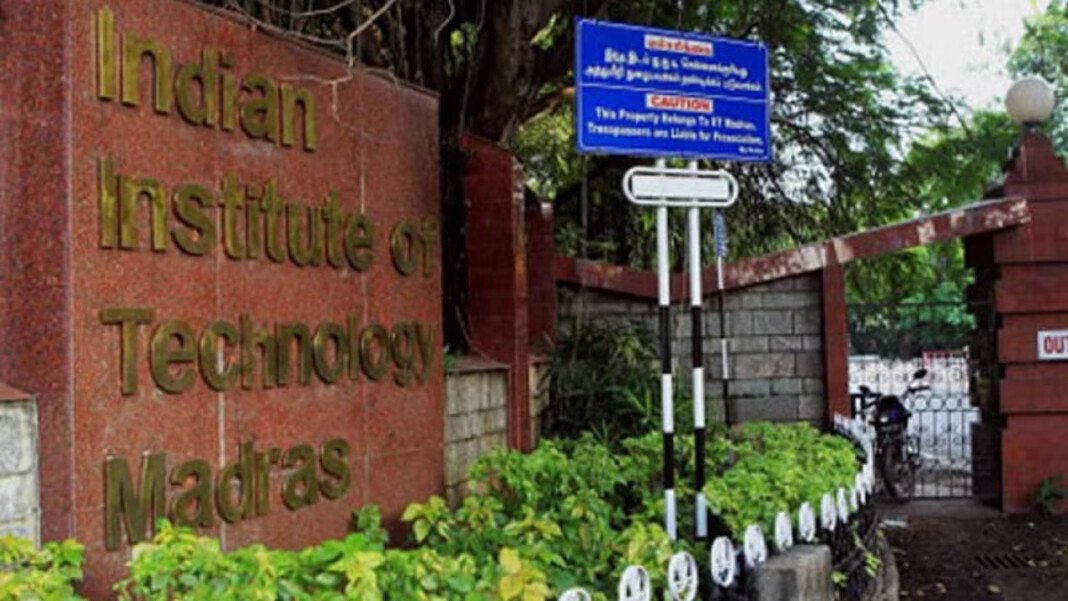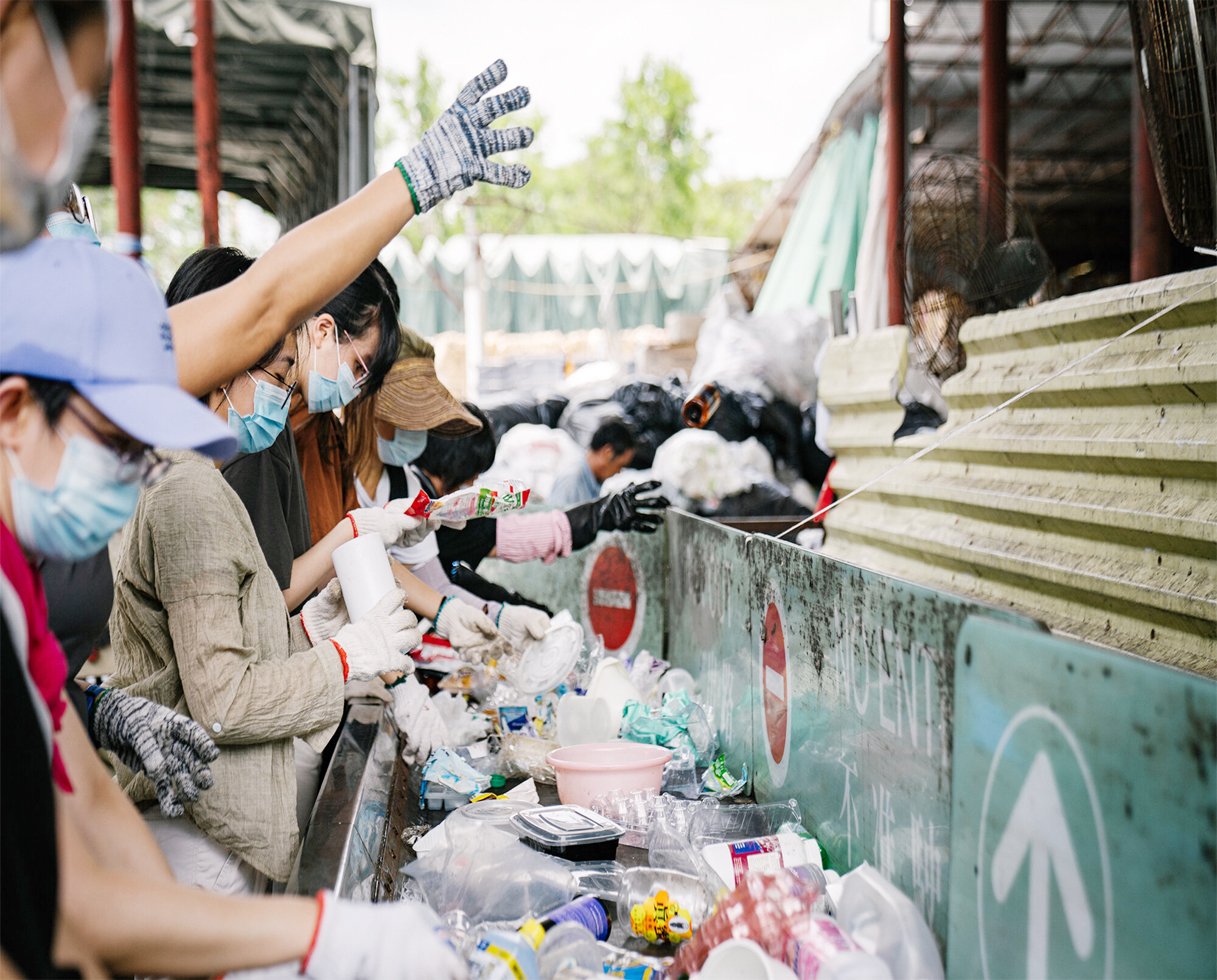NEW DELHI, Feb 12: Researchers at the Indian Institute of Technology (IIT), Madras have developed and patented a next Generation drug delivery system to treat breast cancer, which is one of the leading causes of mortality among women globally.
According to officials, the researchers have leveraged the unique properties of nanomaterials to design drug delivery systems that can undertake targeted delivery of anti-cancer drugs to cancerous cells. The innovation offers a safer and highly effective alternative to the conventional treatment options.
“Nanocarriers are biocompatible and are not toxic to the non-cancerous or healthy cells. Hence, they are the perfect alternative to treatments such as chemotherapy or radiation therapy or chemotherapeutic drugs, which not only attack the cancer cells but also affect the health cells leading to toxic and severe side effects such as hair loss, nausea, fatigue, and a compromised immune system,” Swathi Sudhakar, Assistant Professor, Department of Applied Mechanics and Biomedical Engineering, told PTI.
Sudhakar explained over repeated dosages, cancer cells can also develop resistance to chemotherapeutic drugs, which ultimately reduces the treatment efficacy.
“Several tests were conducted in the lab on breast cancer cells, which showed that the nanoarchaeosomes loaded with drugs triggered cell death in cancer cells effectively stopping tumour growth even at very low dosages of the chemotherapeutic drug,” she said.
The findings of the research funded by IIT Madras and Ministry of Education, have been published in reputed peer-reviewed journals including Materials Advances and Nanoscale Advances, brought out by the Royal Society of Chemistry.
An Indian Patent was granted in the last month for this research marking a significant milestone in the journey of translation and commercialization of the innovation.
“This research holds immense promise for transforming cancer therapy, improving survival rates and enhancing quality of life for millions of patients worldwide. Our next step is to test the efficacy of the formulation in animal models and explore the translational potential of this research in healthcare sector,” Sudhakar said.
“Over the next decade, the goal is to establish collaborations with healthcare industries and the pharma sector to bring drug loaded nanomaterials into clinical trials and thereby making them available for use in breast cancer patients,” she said.
The professor explained that the controlled drug release ensures prolonged drug availability at the tumour site, which minimizes the need for frequent dosing.
“Due to the enhanced stability of these therapeutic formulations at high temperatures, they can also be stored at room temperature conditions without the need for any sophisticated cold storage facilities. In most of the rural areas, there is limited access to cold storage and hence these formulations can contribute significantly in improving patient outcomes,” she said. (PTI)












